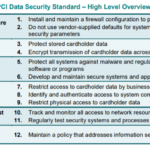Antivirus software plays a crucial role in protecting our digital lives from various online threats, but have you ever considered its impact on our privacy? In this article, we will explore the ways in which antivirus software can either enhance or compromise our privacy concerns. From the scanning and monitoring of our files to the collection and sharing of personal data, there are numerous factors to consider when it comes to the interaction between antivirus software and our privacy. So, let’s delve into this topic and uncover the intricate relationship between these two aspects of our online security.
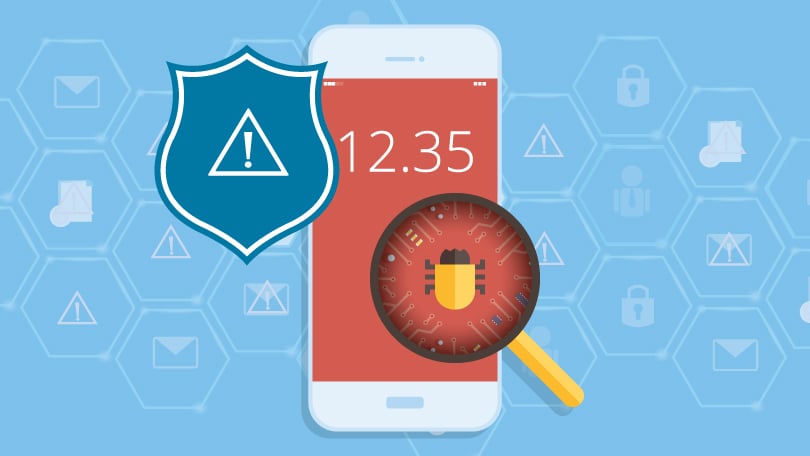
This image is property of i.pcmag.com.
Understanding Antivirus Software
Antivirus software is a crucial tool that helps protect your computer and personal data from various online threats. It acts as a shield against malware, viruses, and cyber-attacks, ensuring the safety of your digital presence. But how does antivirus software work, and why is it important? Let’s explore these questions to gain a better understanding of this essential technology.
What is antivirus software?
Antivirus software, also known as anti-malware software, is a program designed to detect, prevent, and remove malicious software from your computer or device. It scans files and system memory for known patterns and signatures of malware, such as viruses, worms, Trojans, and spyware. When it identifies a threat, it takes appropriate action to neutralize or eliminate it, protecting your data and the overall health of your device.
How does it work?
Antivirus software utilizes a combination of techniques to detect and combat malware. These techniques can include signature-based scanning, behavior monitoring, heuristic analysis, and sandboxing. Signature-based scanning involves comparing file signatures with an extensive database of known malware signatures, while behavior monitoring focuses on detecting suspicious activities that might indicate the presence of malware. Heuristic analysis identifies potentially malicious code by analyzing its behavior, and sandboxing creates an isolated environment to test suspicious files without risking the overall system.
The importance of antivirus software
In today’s digital world, where cyber threats are constantly evolving, antivirus software plays a vital role in safeguarding your privacy and protecting your sensitive information. By regularly scanning your device, it detects and removes malware, reducing the risk of unauthorized access to your personal data.
How Antivirus Software Contributes to Privacy
Antivirus software goes beyond merely protecting your device from malware; it also significantly contributes to ensuring your privacy in multiple ways.
Protection against malware and cyber-attacks
Malware, such as keyloggers or ransomware, can compromise your privacy by stealing your passwords, financial information, or even taking control of your device. Antivirus software acts as a robust defense mechanism, preventing malware infections and thwarting cyber-attacks, thereby safeguarding your personal and confidential data.
Prevention of data thefts
Identity theft and data breaches have become prevalent in recent years, and antivirus software plays a crucial role in preventing such incidents. It helps detect and block attempts to steal your personal information, such as usernames, passwords, and credit card details, which cybercriminals often exploit for fraudulent activities. By maintaining constant vigilance and analyzing potential threats, antivirus software increases your privacy by reducing the risk of data theft.
Secures online transactions
When making online purchases or banking transactions, it is essential to have a secure environment to protect your financial details. Antivirus software can provide this level of security by monitoring your online activities for any signs of phishing attacks or malicious websites. By detecting and blocking such threats, it ensures the privacy and integrity of your sensitive transactions.
Protects personal identity online
Maintaining privacy and anonymity while browsing the internet is a growing concern. Antivirus software helps protect your personal identity by blocking and removing tracking cookies, web trackers, and other intrusive elements that can follow your online activities. By safeguarding your privacy and preventing unauthorized tracking, antivirus software helps preserve your anonymity and control over your personal information.
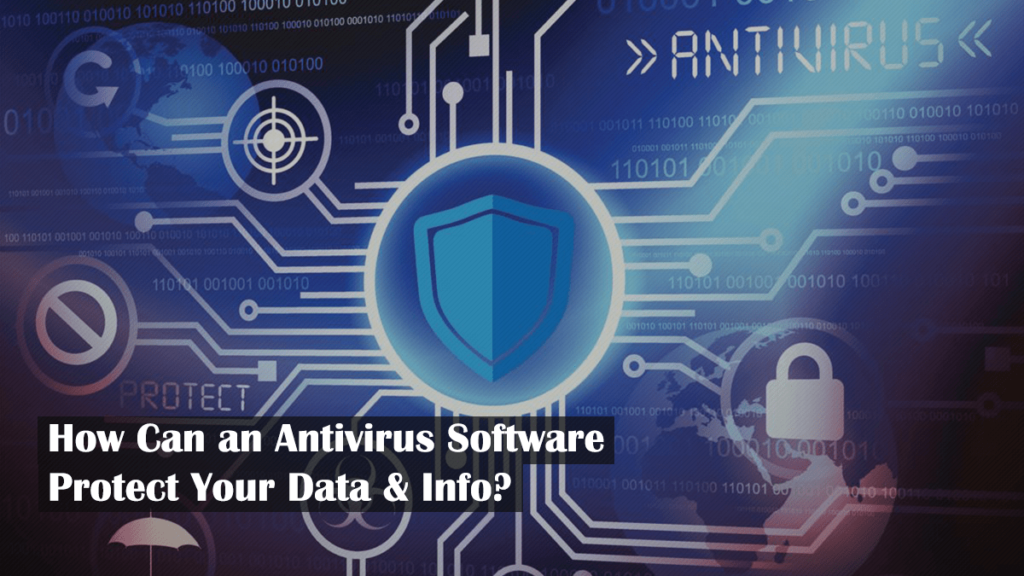
This image is property of privacy-pc.com.
Rising Privacy Concerns in Relation to Antivirus Software
While antivirus software plays a vital role in protecting privacy, it is not without potential drawbacks. In recent years, concerns have emerged regarding the privacy implications associated with antivirus software. Let’s explore some of the key concerns surrounding these tools.
Issues of data harvesting
Some free antivirus software providers have been accused of collecting and selling user data to third parties for marketing or other purposes. Although not all antivirus software engages in such practices, it is essential to be aware of this potential privacy issue and exercise caution when choosing a product.
Potential for surveillance activities
Antivirus software often requires deep access to your system to effectively detect and neutralize threats. While this access is necessary for its intended purpose, it raises concerns about potential misuse. There have been cases where intelligence agencies or hackers have exploited antivirus software to engage in surveillance activities, posing a threat to users’ privacy.
Access to sensitive personal information
Antivirus software needs to scan and analyze files and documents on your device to accurately detect malware. In the process, it may come across sensitive personal information, raising concerns about how this information is handled and stored. It is crucial to choose reputable antivirus software that maintains strict privacy protocols to minimize the risk of unauthorized access to your data.
Case Studies of Privacy Breach through Antivirus Software
Examining real-life examples can provide insights into the privacy concerns associated with antivirus software. Let’s delve into a few notable cases that have raised questions about the protection of user privacy.
Kaspersky Lab controversy
In 2017, concerns were raised regarding Kaspersky Lab’s antivirus software, specifically its alleged ties to Russian intelligence agencies. These allegations prompted many organizations and government entities to remove Kaspersky software from their systems to mitigate potential privacy risks.
Avast selling user data
In 2020, Avast, a popular antivirus software provider, faced backlash after it was discovered that the company was collecting and selling user data through its subsidiary, Jumpshot. This revelation sparked privacy concerns, as users’ browsing histories and other sensitive information were being monetized without their explicit consent.
Norton’s automatic data backup issues
In 2019, Norton, a well-known antivirus software company, faced criticism for automatically backing up users’ files without their knowledge or adequate disclosure. The automatic backup feature raised concerns about the handling of sensitive data and whether users’ privacy was compromised in the process.
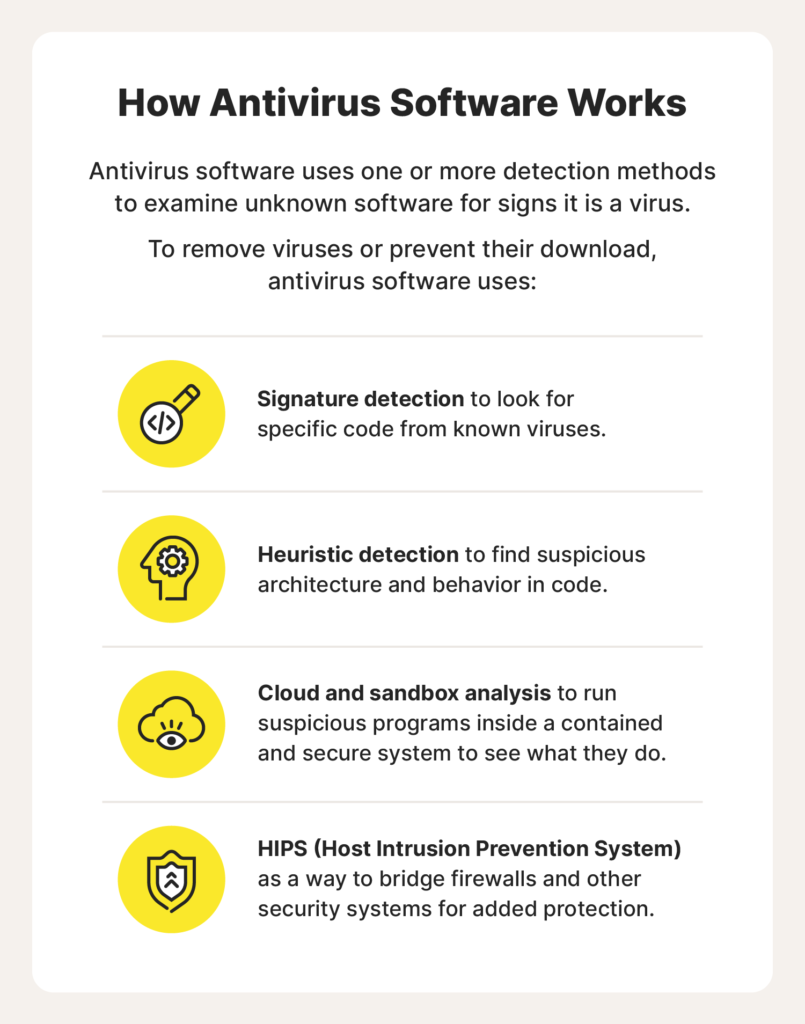
This image is property of us.norton.com.
Regulating Bodies and Policies for Antivirus Software
To address the privacy concerns associated with antivirus software and ensure the protection of user data, several regulating bodies and policies are in place. These frameworks aim to establish guidelines and standards for the antivirus industry and promote privacy-centric practices.
Federal laws regarding cybersecurity
Federal laws, such as the General Data Protection Regulation (GDPR) in the European Union, the California Consumer Privacy Act (CCPA) in the United States, and similar legislations in various countries, lay down strict guidelines for organizations handling user data. These laws emphasize transparency, informed consent, and the right to erasure, ensuring that antivirus software providers adhere to privacy regulations.
Industry-specific rules
The antivirus industry has also implemented self-regulatory measures to address privacy concerns. Organizations like the Anti-Malware Testing Standards Organization (AMTSO) and the Coalition Against Stalkerware have established guidelines and best practices to promote ethical behavior and protect user privacy.
International data protection regulations
In addition to federal laws, international data protection regulations contribute significantly to safeguarding user privacy. For example, the Privacy Shield framework, established between the European Union and the United States, ensures that the transfer of personal data between the two entities adheres to strict privacy standards.
How Users Can Maintain Their Privacy While Using Antivirus Software
As a user, you play a crucial role in maintaining your privacy while using antivirus software. By following a few best practices, you can enhance the protection of your personal data and mitigate potential privacy risks.
Regular updates
Keeping your antivirus software up to date is essential for maintaining optimal protection and minimizing privacy risks. Software updates often include bug fixes, security patches, and performance improvements, ensuring that the program stays current and effective against emerging threats.
Read the service agreements
Before installing antivirus software, take the time to read and understand the service agreements and privacy policies. These documents outline how your data will be handled, whether it will be shared with third parties, and what control you have over your information. Being informed about the privacy practices of the software provider will help you make an educated decision regarding the protection of your privacy.
Opt for reputable antivirus software
Choose antivirus software from reputable providers that have a track record of prioritizing privacy and security. Look for companies that have a transparent approach to data handling, strong privacy policies, and a commitment to user rights. Reading reviews and seeking recommendations can also help guide you toward trustworthy antivirus software options.
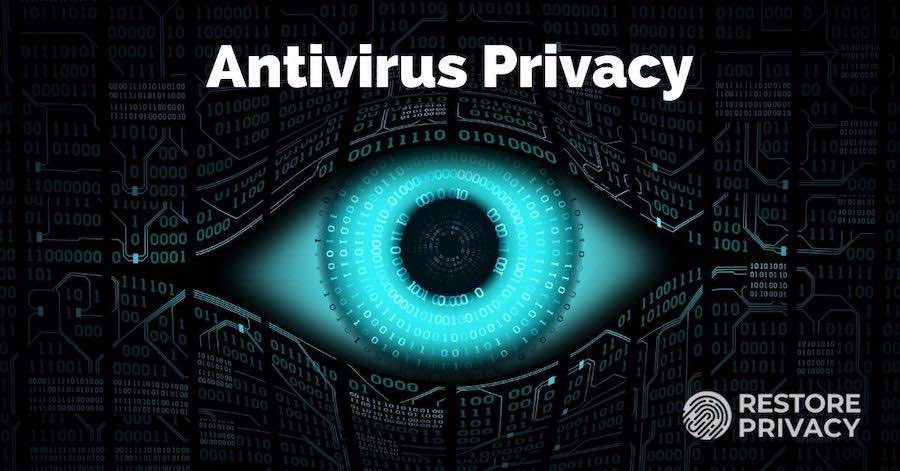
This image is property of restoreprivacy.com.
The Role of Encryption in Antivirus Software and Privacy
Encryption is a powerful and widely adopted technology that plays a vital role in safeguarding privacy, both within and beyond the realm of antivirus software.
Understanding encryption
Encryption is the process of converting plain text or data into an unreadable form using cryptographic algorithms. This transformation makes the information inaccessible to unauthorized parties, ensuring its confidentiality and integrity.
How encryption enhances privacy
By encrypting sensitive data, antivirus software protects it from unauthorized access, even if the data is intercepted or stolen. Encryption allows for secure transmission of information, prevents eavesdropping, and ensures that only authorized parties can decipher the encrypted data, thus greatly enhancing privacy.
Encryption in the antivirus industry
Many antivirus software providers incorporate encryption into their products to protect user data. Encrypted connections between the antivirus software and remote servers ensure secure communication, minimizing the risk of data interception. Furthermore, encrypted storage of sensitive data on local devices ensures that even if the device is compromised, the data remains protected.
The Debate Between Security and Privacy
The balance between security and privacy has long been a subject of debate. While stringent security measures are necessary to protect against cyber threats, they can sometimes encroach on individual privacy. Let’s explore this dichotomy and examine the trade-offs involved.
Trade-offs between security and privacy
In the pursuit of enhanced security, certain measures may intrude on privacy, such as extensive data monitoring or collecting personal information. While these practices can enhance security, they also raise concerns about privacy, creating a delicate balance that needs to be carefully maintained.
Balancing security and privacy – Is it possible?
It is possible to strike a balance between security and privacy, although it requires a thoughtful and transparent approach. By implementing privacy-by-design principles, being mindful of user consent, and adopting strong encryption practices, antivirus software providers can effectively protect security without compromising privacy.
Users’ perception on security vs. privacy
The perception of the trade-off between security and privacy varies among users. Some individuals prioritize security above all else and are willing to sacrifice some privacy for enhanced protection. Others are more privacy-conscious and prefer solutions that strike a balance between security and the protection of personal information. Understanding user perspectives and providing customizable privacy settings can help address this diversity of preferences.

This image is property of miro.medium.com.
Privacy-by-design Approach in Antivirus Software
A privacy-by-design approach is a proactive method of incorporating privacy features and safeguards into the design and development of software, including antivirus applications. This approach ensures that privacy considerations are integrated from the outset, minimizing privacy risks and enhancing user trust.
What is privacy-by-design approach?
Privacy-by-design is a principle that emphasizes the integration of privacy features, controls, and protections into the design and architecture of software. It involves considering privacy throughout all stages of development, from the initial design to the implementation and ongoing maintenance of the software.
How it can alleviate privacy concerns
By adopting a privacy-by-design approach, antivirus software providers can address privacy concerns proactively. By incorporating privacy features, transparent data handling practices, and strong security measures into their software, they can reassure users that their privacy is a top priority.
Examples of antivirus implementing privacy-by-design
Several antivirus software providers have embraced a privacy-by-design approach to enhance user privacy. For example, some software includes privacy protection features such as browser extensions that block tracking cookies, provide VPN services for secure internet browsing, and offer granular control over data sharing and collection. These proactive measures demonstrate a commitment to privacy and empower users to safeguard their personal information.
The Future of Antivirus Software and Privacy
The evolution of technology brings both new opportunities and challenges for antivirus software and privacy. As cyber threats continue to evolve, so too must antivirus software. Here’s a glimpse into what the future might hold for antivirus software and privacy.
Emerging trends in cybersecurity
Artificial intelligence (AI) and machine learning (ML) are poised to play increasingly prominent roles in antivirus software. These technologies can enhance threat detection capabilities, identify and block emerging threats in real-time, and provide more personalized protection. Additionally, advancements in cloud-based security and behavior analytics are expected to shape the future of cybersecurity and further strengthen privacy measures.
Predictions for privacy concerns
As privacy concerns continue to be a focal point, it is likely that stricter regulations will be implemented to safeguard user data. Increased scrutiny and transparency around data handling practices, along with a stronger focus on user consent and control over personal information, can be expected. Additionally, the rise of Internet of Things (IoT) devices and the associated privacy implications may prompt antivirus software providers to adapt and provide solutions tailored to these unique challenges.
The role of artificial intelligence in future antivirus software
The integration of AI in antivirus software holds immense promise for privacy protection. AI algorithms can analyze vast amounts of data, identify patterns, and detect anomalies in real-time, enabling antivirus software to respond rapidly to emerging threats. AI-powered tools can also enhance data privacy by proactively identifying vulnerabilities and recommending security measures to users.
In conclusion, antivirus software is a critical component in ensuring digital privacy. It protects against malware, prevents data theft, secures online transactions, and safeguards personal identity online. While some privacy concerns exist, industry regulations and privacy-by-design approaches help mitigate these risks. By staying informed, using reputable antivirus software, and adopting best practices, users can maintain their privacy while benefiting from the security provided by antivirus software. As technology continues to advance, the future of antivirus software looks promising, with emerging trends and the integration of AI expected to further enhance privacy protection.




